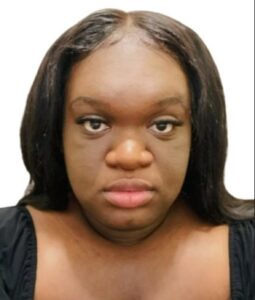-
TRIBAL AFFILIATION
Choctaw
-
SURNAME HERITAGE
Austria/England/ Germany/Ireland/Scotland

Turner History, Family Crest & Coats of Arms
Turner is a name that came to England in the 11th century wave of migration that was set off by the Norman Conquest of 1066. Turner is a name for a lathe worker. The surname Turner was originally derived from the Old French verb tourneour, meaning to turn on a lathe. Such a craftsman would have fashioned basically cylindrical objects out of wood, metal, and bone. 1
Early Origins of the Turner family
The surname Turner was first found in Oxfordshire in midland England but was found throughout England. “It is well represented in the midlands, especially in Derbyshire, Nottinghamshire, and Staffordshire, and is also numerous in Lancashire.” 2 Mark Antony Lower in his source Patronymica Britannica suggests that the name is all “out of all proportion, to the number of persons engaged in the trade” of the lathe. He argues that the family may have first appeared before the Conquest in a grant to the monastery of Croyland, in 1051, being signed, among others, by a Turnerus Capellanus. 3 Moreover, the family was also quite numerous in Scotland from early times.
The Hundredorum Rolls list: Aylbricht le Turnur in London in 1271; Geoffrey le Turner in Cambridgeshire; and William le Tumor in Oxfordshire. The latter two listings were probably made in 1273. The Yorkshire Poll Tax Rolls of 1379 list Johannes Tumour, turnour. Ironically there are very few listings in the early rolls of the trade. Calendarium Rotulorum Originalium listed William le Tournour and Kirby’s Quest listed Henry le Tornour in Somerset during the first year of Edward III reign. 4 1
In Scotland, “a family of this name had possession of the estate of Ardwall in the parish of New Abbey for many generations.” 5 Black continues Thomas dictus Tumour held land in Aberdeen in 1382; John Turnoure held land in Irvine in 1426; William Tumour, merchant of Scotland, had a safe conduct in England, 1473; William Turnoure is recorded in Edinburgh, 1482.


